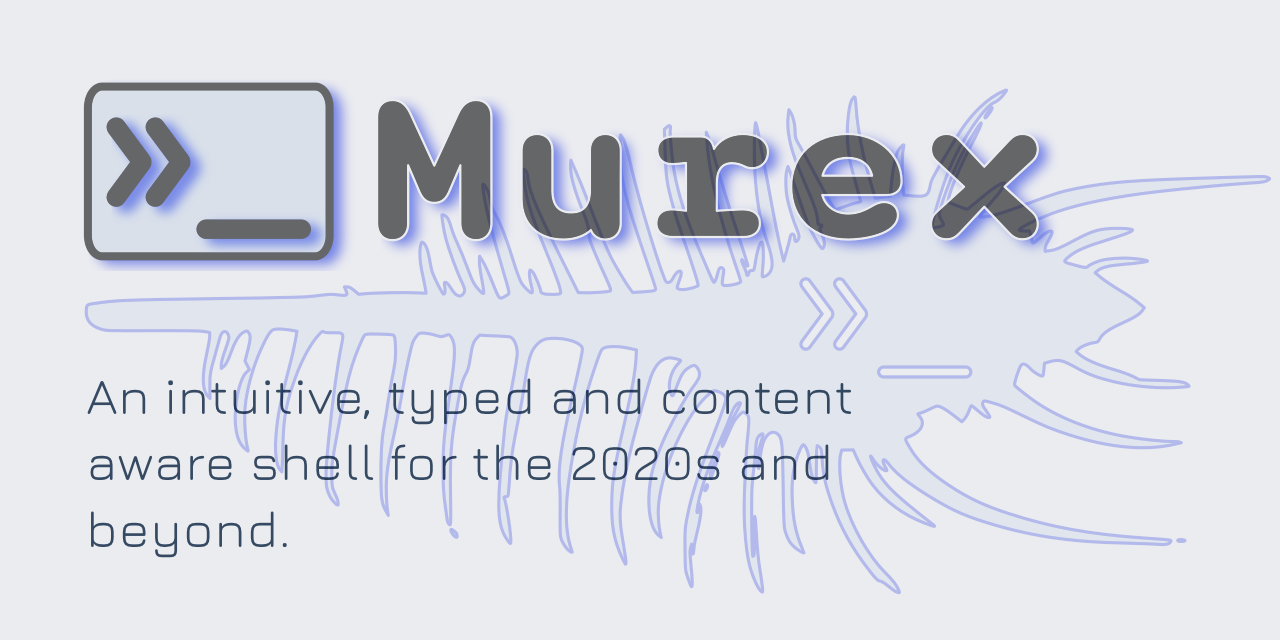Normal-Order Direct-Style Beta-Evaluator with Syntax-Rules and Repeated call/cc
This paper explores less-frequently mentioned applications of call/cc within hygienic Scheme macros, particularly its use in assisting tedious lambda-calculations. The author presents a normal-order direct-style beta-normalizer cleverly combining syntax-rules and repeated applications of call/cc, proving its correctness via CPS transformation and an ingenious direct-style lambda-calculator. The paper also delves into delimited continuations, showing how simple macros can implement various delimited continuation operators like prompt and control. A call/cc-based factorial function implementation and discussion of delimited continuations highlight the elegance and practicality of the approach.











